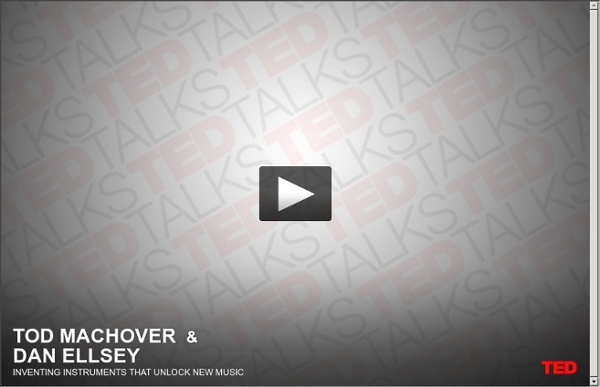Tod Machover and Dan Ellsey play new music

Other Arts & Music
Emile Berliner and the Birth of the Recording Industry: Home Page
The Library of Congress Motion Picture, Broadcasting and Recorded Sound Division, Library of Congress Search by Keyword | Browse by Title Index | Subject Index | Series Index | Name Index | Recordings Emile Berliner and the Birth of the Recording Industry is a selection of more than 400 items from the Emile Berliner Papers and 118 Berliner sound recordings from the Library of Congress's Motion Picture, Broadcasting and Recorded Sound Division. Berliner (1851-1929), an immigrant and a largely self-educated man, was responsible for the development of the microphone and the flat recording disc and gramophone player. The mission of the Library of Congress is to make its resources available and useful to Congress and the American people and to sustain and preserve a universal collection of knowledge and creativity for future generations. The Library of Congress presents these documents as part of the record of the past. Special Presentation: Emile Berliner: Inventor of the Gramophone 30-Apr-02
Healing Music |Surgery Music | Lullabies l Mozart Effect- Dr. Alice Cash
Related:
Related:



